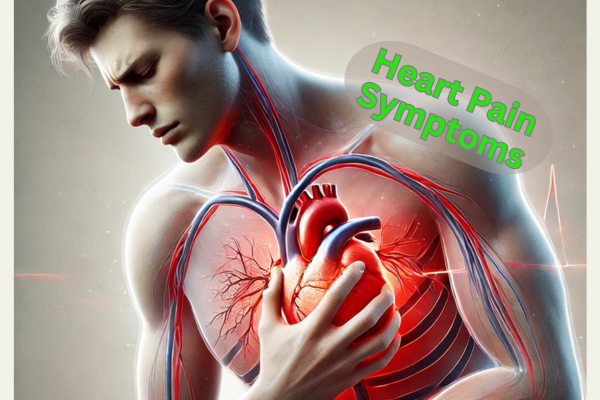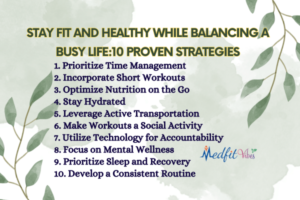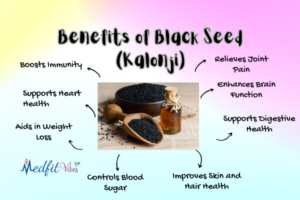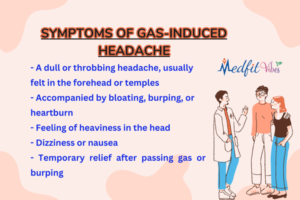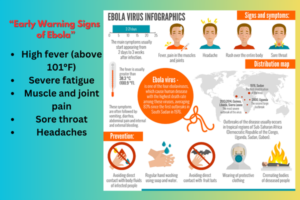Heart pain symptoms can vary from mild to severe and may include pressure, tightness, or burning sensations in the chest. Sometimes, pain radiates to the arms, neck, jaw, or back. Shortness of breath, dizziness, nausea, and cold sweats can indicate a serious issue. Immediate medical attention is crucial for persistent or intense chest pain.
Table of Contents
1. Introduction
Heart pain is a common health concern caused by various factors. While some cases are harmless, others may signal a life-threatening condition. Understanding the difference between mild discomfort and serious heart pain symptoms is crucial for early intervention. Recognizing heart pain symptoms early can help prevent complications and ensure timely medical care. If you experience persistent or severe heart pain symptoms, it is essential to seek immediate medical attention.
2. Understanding Heart Pain
Heart pain, also called angina, occurs when the heart muscle doesn’t get enough oxygen-rich blood. It can feel like pressure, squeezing, or a burning sensation in the chest.
3. Common Causes of Heart Pain
- Heart-related causes: Coronary artery disease (CAD), heart attacks, myocarditis, pericarditis
- Non-heart-related causes: Acid reflux, muscle strain, anxiety, lung infections
4. Heart Pain Symptoms That Indicate a Serious Condition
- Severe chest pain lasting more than a few minutes
- Pain radiating to the arms, back, jaw, or stomach
- Shortness of breath, dizziness, nausea
- Cold sweats or sudden fatigue
5. When to Seek Immediate Medical Attention
Call 911 or go to the emergency room if:
- Pain is intense and persistent.
- Symptoms occur during physical activity.
- You have a history of heart disease.
6. How Heart Pain Differs from Other Chest Pain
| Type of Pain | Possible Cause |
| Sharp, stabbing | Acid reflux, muscle strain |
| Burning sensation | GERD (gastroesophageal reflux disease) |
| Heavy pressure | Heart attack, angina |
7. Risk Factors for Heart Disease
- High blood pressure
- High cholesterol
- Diabetes
- Smoking
- Family history of heart disease
- Obesity
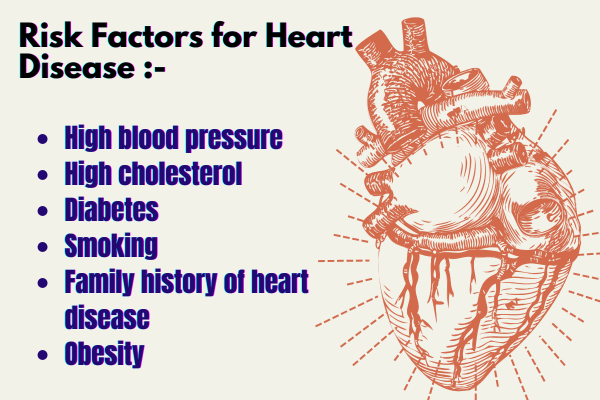
8. Preventive Measures to Reduce Risk
- Regular exercise (30 minutes a day)
- A balanced diet rich in fruits, vegetables, and whole grains
- Stress management techniques
- Avoiding smoking and excessive alcohol consumption
9. Diagnosis and Tests for Heart Pain
- Electrocardiogram (ECG): Detects abnormal heart rhythms
- Blood tests: Check for markers of heart damage
- Echocardiogram: Uses ultrasound to assess heart function
- Angiography: Identifies blocked arteries
10. Treatment Options Available
- Medications: Aspirin, beta-blockers, nitroglycerin
- Procedures: Angioplasty, bypass surgery
- Lifestyle changes: Diet, exercise, stress management
11. Home Remedies for Mild Heart Pain
- Drinking warm water with honey and lemon
- Practicing deep breathing exercises
- Using a heating pad for muscle-related pain
12. Lifestyle Changes to Improve Heart Health
- Physical activity: Engage in aerobic and strength training exercises
- Healthy diet: Limit saturated fats and refined sugars
- Regular medical checkups: Monitor blood pressure and cholesterol
13. The Role of Diet in Preventing Heart Pain
Foods to Include:
- Fatty fish (salmon, tuna)
- Nuts and seeds
- Leafy greens
- Whole grains
Foods to Avoid:
- Processed meats
- Sugary beverages
- High-sodium foods
14. Frequently Asked Questions (FAQs)
1. What does heart pain feel like?
Heart pain often feels like pressure, squeezing, or tightness in the chest. It can also spread to the arms, neck, or back.
2. Can heart pain go away on its own?
Mild cases of heart pain may resolve with rest or medication, but persistent pain should always be checked by a doctor.
3. How do I know if my chest pain is serious?
If the pain is severe, lasts more than a few minutes, or comes with symptoms like shortness of breath or dizziness, seek medical help immediately.
4. Can anxiety cause heart pain?
Yes, anxiety and panic attacks can cause chest tightness and pain, often mimicking heart conditions.
5. How can I prevent heart pain?
Maintaining a heart-healthy diet, exercising regularly, and managing stress can help reduce the risk of heart pain.
6. When should I see a doctor for chest pain?
If you experience recurrent chest pain, even mild, consult a doctor to rule out underlying conditions.
15. Conclusion
Heart pain symptoms can be alarming, but understanding their causes and signs can help differentiate between mild discomfort and a serious condition. Recognizing heart pain symptoms early is key to addressing potential issues before they escalate. If you experience persistent or severe heart pain symptoms, it is crucial to seek medical attention promptly, as timely intervention can be life-saving. Take proactive steps toward heart health by maintaining a healthy lifestyle, monitoring risk factors, and staying vigilant about any unusual heart pain symptoms.

